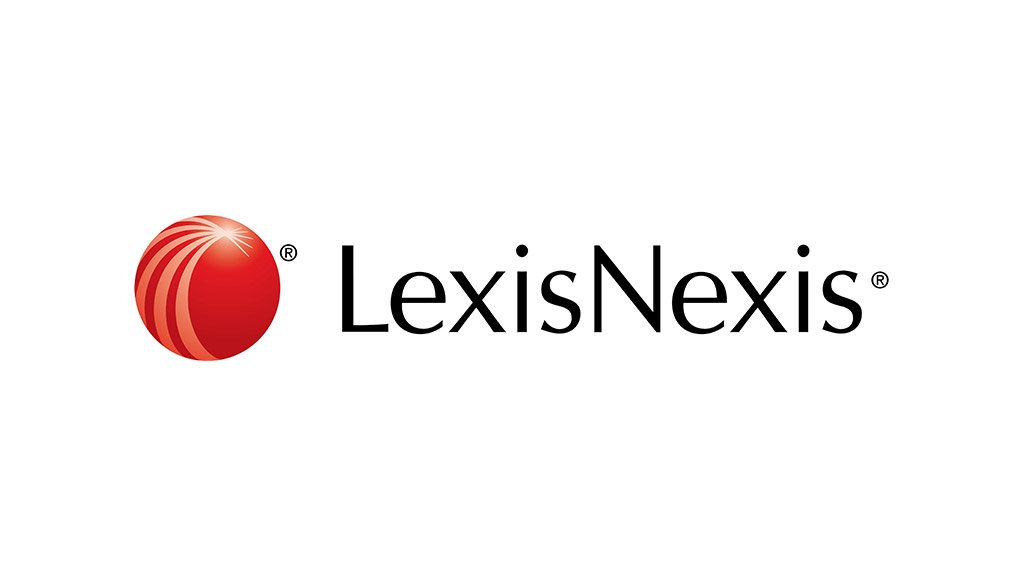While 2018 was a challenging and dynamic year for business professionals in the legal and regulatory domain, it was also a year of great advancement towards the Rule of Law in the South African business and legal spheres.
Speaking at the Integrity Lapse event hosted by Professor Thuli Madonsela in late 2018, Mari van Wyk, Executive Manager Strategic Alliances & Partnerships at LexisNexis South Africa said, “Robust economies are dependent upon the existence of clear laws that govern societies and commerce. Deep-rooted economic development and transformation can only occur in societies where the Rule of Law exists.”
The Rule of Law, in its most basic form, is the principle that no person is above the law. The rule follows from the idea that truth - and therefore law - is based upon fundamental principles. Without a transparent legal system, with the main components of such a system including a clear set of laws that are freely and easily accessible to all literate persons, strong enforcement structures and an independent judiciary, the Rule of Law cannot exist.
“2018 saw many regulatory changes come into play that will have a dramatic effect on a variety of sectors and that to varying degrees speak to the Rule of Law,” says Raffael Beires, General Manager of Legal Information and Compliance for LexisNexis South Africa. These included:
- Conduct of Financial Institutions Bill – This draft Bill was published by the National Treasury on 11 December 2018 for comment. The Bill outlines what customers and industry players can expect of financial institutions. Amongst other items, it includes the implementation of the Treating Customers Fairly principles which currently have little legal backing. Comments are being accepted until 1 April 2019.
- Competition Amendment Bill – This Bill introduces amendments to the market inquiry and abuse of dominance provisions, as well as penalty increases for cartel conduct. The Bill is currently with the President for signature.
- Financial Sector Regulation Act 9 of 2017 – It’s been an impactful year heralding major reform in the financial services sector. This Act saw the implementation of new regulators for the financial services industry. The Prudential Authority was established and the Financial Services Board (FSB) was replaced by the Financial Sector Conduct Authority (FSCA).
- National Minimum Wages Act 9 of 2018 – The Act was signed into law in late November 2018 and, with the exception of section 174, is due to commence on 1 January 2019. The Act will introduce a R20 hourly rate as the minimum wage but will not initially apply to farm or domestic workers, with these sectors due to be phased in.
- The Legal Practice Act – The highly anticipated changes in terms of the Legal Practice Act 28 of 2014 came into effect ushering in a new era for the legal profession. The Legal Practice Council has been established which took over the regulation of both advocates and attorneys from the law societies and bar councils.
- Companies Amendment Bill – These are the first amendments to the Companies Act since it was implemented in 2011. Some of the key proposed changes will impact the disclosure of remuneration and benefits paid to directors and prescribed officers, financial assistance to a subsidiary within a group and share buybacks.
- GDPR – The General Data Protection Regulation (GDPR) was enacted in the European Union (EU) on the 25th of May 2018. This applies to all South African companies that offer goods or services to people or monitor the behaviours of people in the EU. The GDPR aims to protect all EU citizens from privacy and data breaches and prescribes principles for the processing of personal data.
In 2019 legal and business professionals would do well to ensure that they have the necessary tools and facilities in place to be kept abreast of changes due to take place in the year ahead Beires says.
“LexisNexis provides the full scope of trusted online and printed resources that assist professionals, and the companies they serve, in keeping up-to-date with legislative changes as well as enabling them to meet the requirements of the Rule of Law,” he adds.
For more information visit: https://www.lexisnexis.co.za/lexislibrary
EMAIL THIS ARTICLE SAVE THIS ARTICLE ARTICLE ENQUIRY
To subscribe email subscriptions@creamermedia.co.za or click here
To advertise email advertising@creamermedia.co.za or click here











